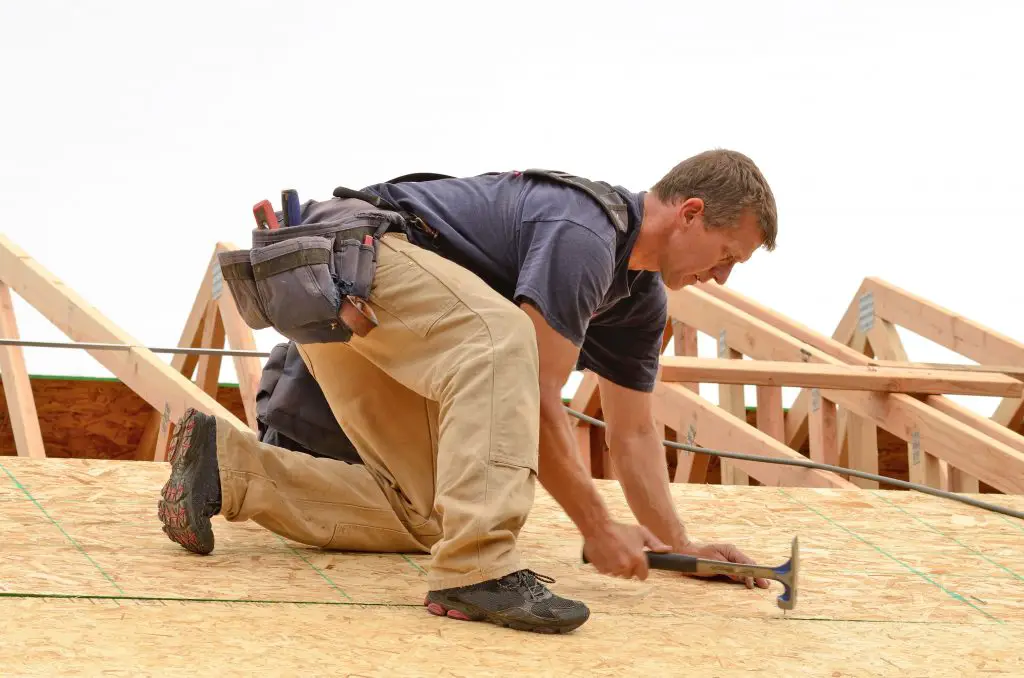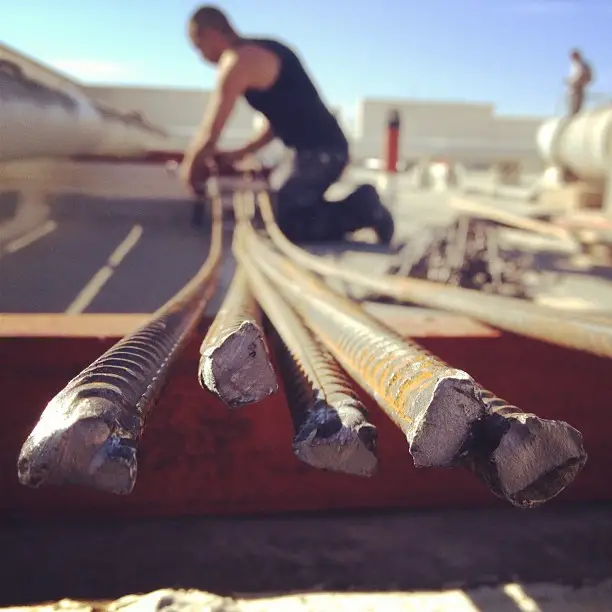A while ago I heard from a reader named Mike about an article I wrote on the long-term shortage of skilled tradespeople in North America. The reality we’ve both observed is at least half a century old, and I hear about it from homeowners and contractors all the time. As a professional builder, Mike offered insights you don’t hear very often. He figures the problem runs a lot deeper than just lack of training and I’m inclined to agree with him. There’s a huge vested interest in keeping the trades in the sorry state they are today, but in case anyone is interested in real solutions, Mike has some ideas.

“One problem with young people going into trades is that there’s no longer a mentor/student relationship as there was with the old guild system,” explains Mike. “Back in the day, students were taught skills and guided by one master craftsman in a variety of assignments that included mathematics, the history of the trade, reading blueprints, proper language skills, managing a business, meeting with clients, making estimates, budgets, expense reports, selecting materials and lots more. The guild system brought students up from completely unskilled to a master level, with the intent that they would one day either take over the master’s business or start one of their own.”

But don’t today’s apprenticeship programs function like the guilds used to? “No, not really. Today a young tradesperson is expected to come into a company already minimally trained and with their own tools”, explains Mike. “They frequently have little instruction other than basic orders from a crew chief and no supervision regarding proper technique or critique of their finished product. Young people are left to guess what’s required or how best to solve a problem. And there’s frequently no rising through the ranks, either. You continue to work for the company in the same job until a younger person replaces you who can work faster for less. The more experienced, older worker has almost no chance to pass on what he or she has learned because they’re downsized when they can’t keep up with the 20 year-olds.”

Mike’s grandfather was a stonemason and building contractor who had a saying that I love: “Slow Is Smooth and Smooth is Fast.” The idea here is that a careful rate of progress on the job ends up being faster than rushed work that’s sloppy and needs to be redone. “It’s experience that makes you smooth”, says Mike, “but if you examine the quality of construction today, it’s mostly fast and sloppy. Miters not closed, framing not plumb, countertops unlevel, floors that squeak, decks that collapse. We call it “pirate construction” where I come from, and it’s common.
So where is the solution? Ultimately it comes from the same place most solutions come from: individuals. Government has been pretending to fix the trade issue for decades and it can’t. It never will. If anything, government has made matters worse. Ultimately, Mike sees at least part of the problem is an attitude he sees all the time.
“Skill and enthusiasm for doing good work is lost because many customers want everything FAST. No time to plan, no time to consider options, just “WE WANT IT TODAY! WE NEED IT CHEAP BECAUSE WE SPENT ALL OUR MONEY ON OTHER THINGS!”

Mike told me about a client who insisted on some quick-and-dirty kitchen shelves instead of a proper corner cabinet. In the end, after a lot of wasted time and material, the clients insisted on a corner cabinet after all. “What I should have done from the start was convince these people that a corner cabinet was necessary. I knew better but didn’t listen to that little voice in my head that was telling me to follow my experience and not their bad judgement.”
As a homeowner, don’t be cheap, don’t rush and don’t neglect to find the kind of tradespeople who respond to the opportunity to do good work. That’s how you can boost the state of trades – and the quality of our world – wherever you live. “Reward what you want” is a great way to steer life in the right direction.












